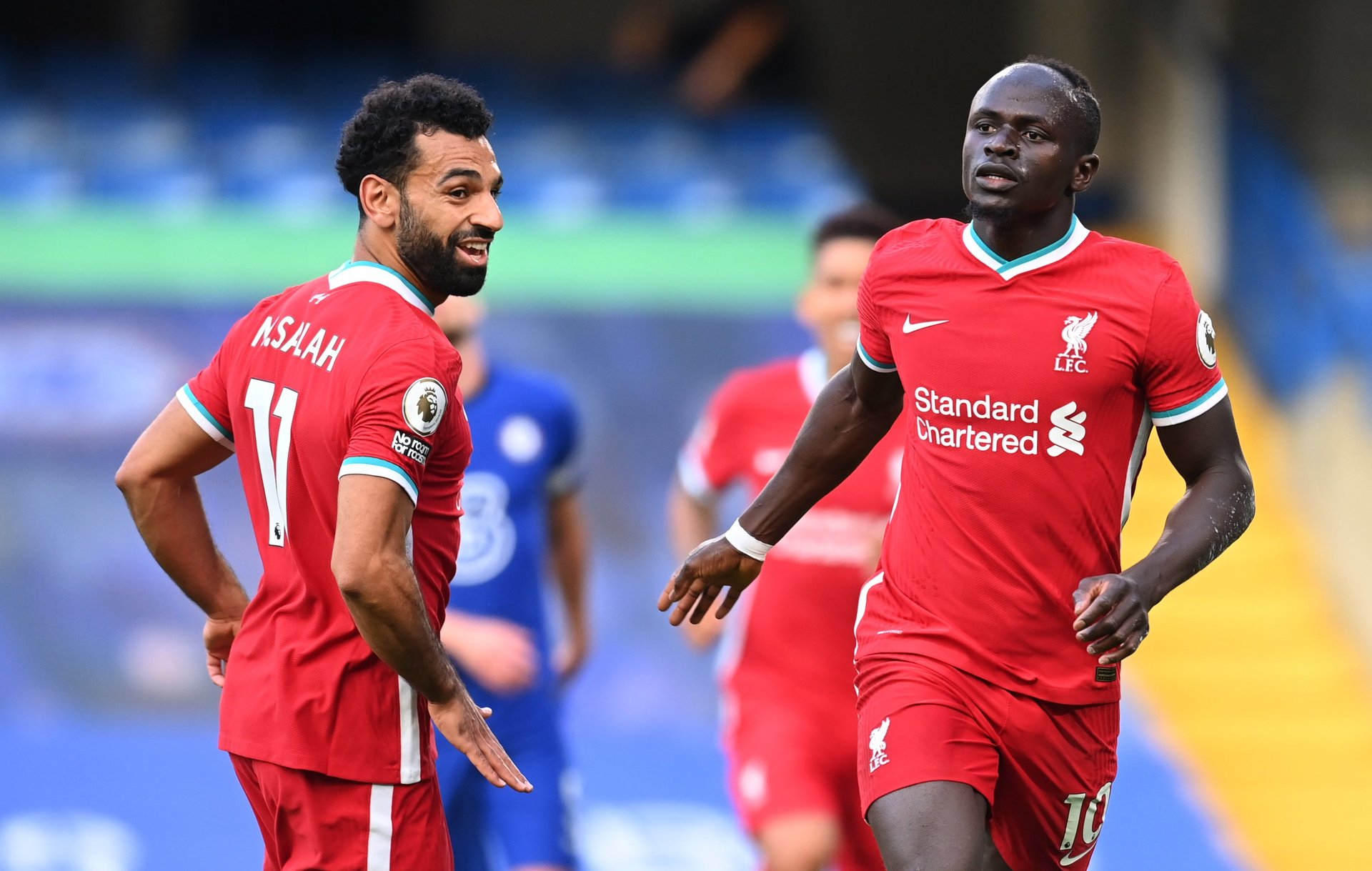A Cameroon-born entrepreneur is trying to make African soccer more transparent
Soccer is Africa’s most popular sport, but finding comprehensive data on the game in the continent to help in decision making is often a challenging task. Sometimes data are not available, or they are fragmented.


Soccer is Africa’s most popular sport, but finding comprehensive data on the game in the continent to help in decision making is often a challenging task. Sometimes data are not available, or they are fragmented.
Rainbow Sports Group, a US-based company that provides management, marketing, and media solutions for sports agencies and African soccer players, on March 14 launched an interactive data platform for African soccer.
The African Football Data Center surfaces information about player valuations, sponsorship deals, broadcasting revenue, stadia, and the social media performance metrics of players, federations, and competitions. It has, its Cameroon-born founder asserts, the potential to turn subjective opinions into hard facts. It may also increase transparency in a debilitatingly corrupt industry.
Soccer stakeholders need insights
“When you don’t have a scientific opinion, it becomes very subjective,” Kingsley Pungong, CEO of Rainbow Sports Global, tells Quartz. “And when it’s subjective, it becomes a subject to varied interpretations. That’s why our football is mainly not appreciated because everybody has a subjective opinion.”
Pungong adds that lack of proper data on African soccer leads to undervaluation of the continent’s players, clubs, and other sports assets.

African soccer’s data problem
Getting in-depth data on African soccer can be arduous.
Agents, marketers and other stakeholders in the continent can use global soccer websites that provide updates and results, but these are not Africa-focused and rarely go beyond general numbers like game scores. They need more detailed numbers on players, clubs, and leagues.
The websites may be unreliable too, says Michael Mwebe, a Dar-es-Salaam–based consultant at Siyavuma Sports Group, a South African sports management company. In January, for example, he was trading a soccer player to a Ugandan club but couldn’t ascertain how many goals the player had scored the previous year. One website said 11 goals, another 13, and the player himself said he’d scored 14.
Such shortcomings force soccer agents and other stakeholders to use “informal” channels to get insight into the sport in the continent, Mwebe says, including using google, social media connections, and soccer journalists. However, he adds, a person providing the information may have a bias for a player.
There are exceptions on data availability though, as statistics for soccer players who have played for their national teams or in the CAF Champions League, the highest level of African club soccer, are more readily available for example.
How does the African Football Data Center work?
The African Football Data Center has a research team that collects primary data from the internet and it works with soccer federations, leagues, and players around the continent. It was developed in partnership with KPMG Football Benchmark, which offers tools for analyzing operational, financial, and digital performances of soccer clubs.
Rainbow Sports Group plans to also partner with clubs in Africa to be able to collect data on their players.
“If you wanna say this guy is good enough for Bayern Munich, you just don’t say it as being subjective opinion, you say it based on a scientific assertion,” Pungong says.
Sign up to the Quartz Africa Weekly Brief here for news and analysis on African business, tech, and innovation in your inbox.